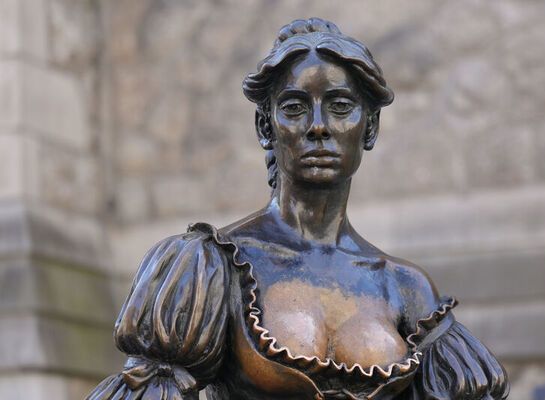Haig joined the United States Military Academy after studying for two years at the University of Notre Dame and later served in Korea and Vietnam. As a politician, he was at his most influential in Richard Nixon's White House, taking over as chief of staff after the forced resignation of H.R. Haldeman. He was considered the strong man in an administration reeling under the impact of the Watergate scandal, and some commentators have referred to him as "president 37 1/2."
His 17-month tenure as Ronald Reagan's secretary of state was rather less successful. In the tense period immediately following the assassination attempt on the president in March 1981, he was seen to have overreached his authority, declaring to the assembled press, for instance, "I'm in control here." He is said to have later predicted to one biographer that the incident would be mentioned in the third paragraph of his obituary in the New York Times (it was referred to in the second paragraph).
Alexander M. Haig was born in Bala Cynwyd, outside Philadelphia, on Dec. 2, 1924. He was the middle child of lawyer Alexander Haig Sr., who died early of cancer, and Regina Anne Murphy. The Haigs were sent to Catholic schools. The general's younger brother, the Rev. Frank R. Haig, was president of the Jesuit-run LeMoyne College from 1966 until 1972.
Haig, who served on the staff of General Douglas McArthur in Korea, was from the beginning on the fast track to success in the army. He was wounded in Vietnam, but attained the rank of four-star general without ever holding a major battlefield command -- "an extraordinary rise with few if any precedents in American military history" commented the New York Times.
A political conservative and Cold War hawk, Haig's political star rose under the tutelage of Henry Kissinger.
"His career as a 'political-general' set a precedent for Colin Powell. Of course, one could argue George Marshall [who served under Truman] set the precedent for Haig," said emeritus professor of history at Fordham and Irish Echo columnist John McCarthy.
Haig's greatest achievement was to take on the role of "acting president" behind the scenes in the last months of Nixon's White House. He is said to have ordered the Secret Service to take away the president's tranquilizers and other medications when he spoke of suicide and was instrumental in persuading him to resign.
The general had a much poorer relationship with Reagan and his actions during the aftermath of the assassination attempt permanently damaged his political ambitions. He was in fact fourth in the line of succession after Vice President George Bush, Speaker Tipp O'Neill and Senate President pro tempore Strom Thurmond. His 1988 bid for the Republican nomination, eventually won by Bush, went nowhere.
In a statement following his death, President Obama said Haig "exemplified our finest warrior-diplomat tradition of those who dedicate their lives to public service."








